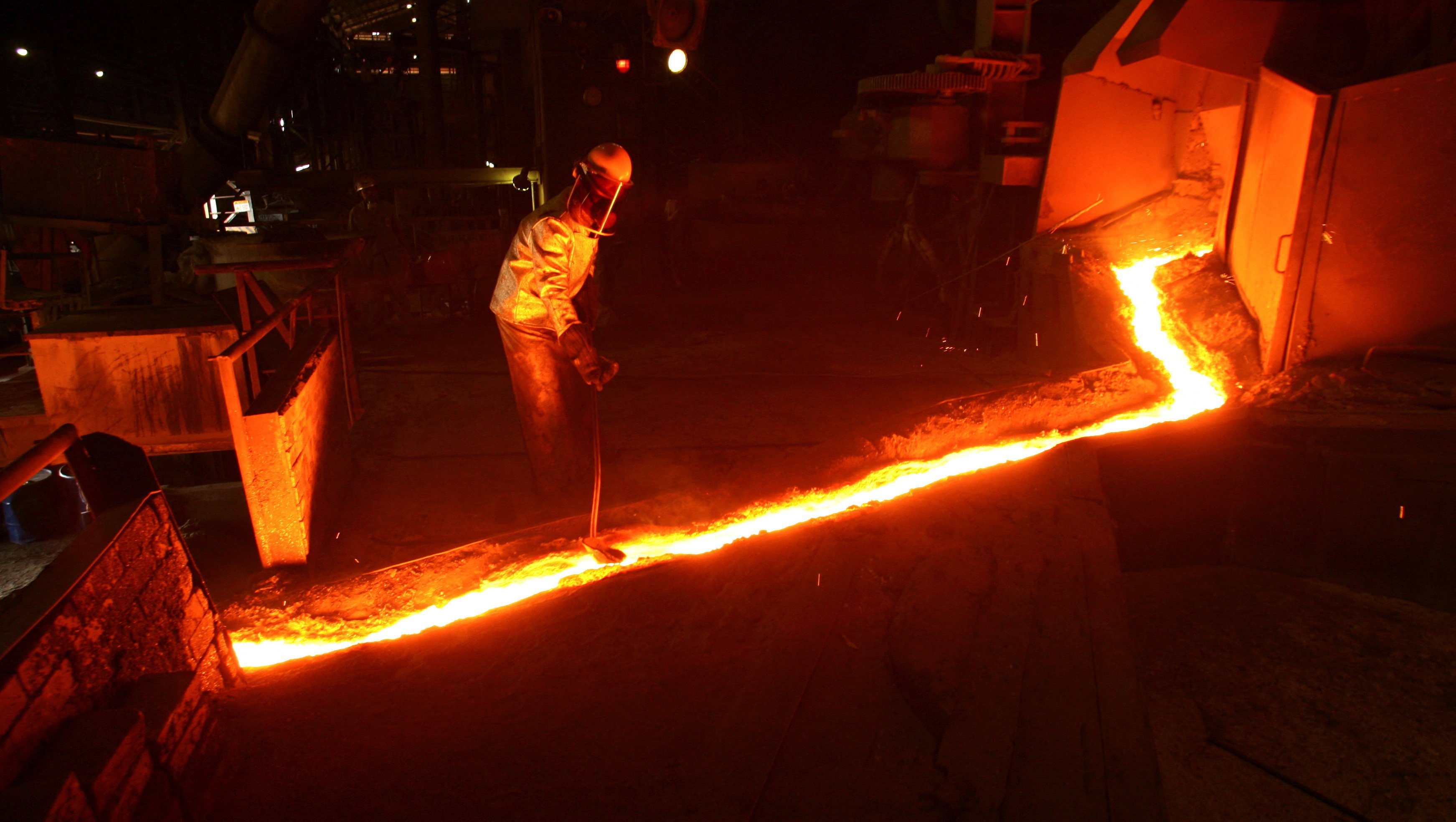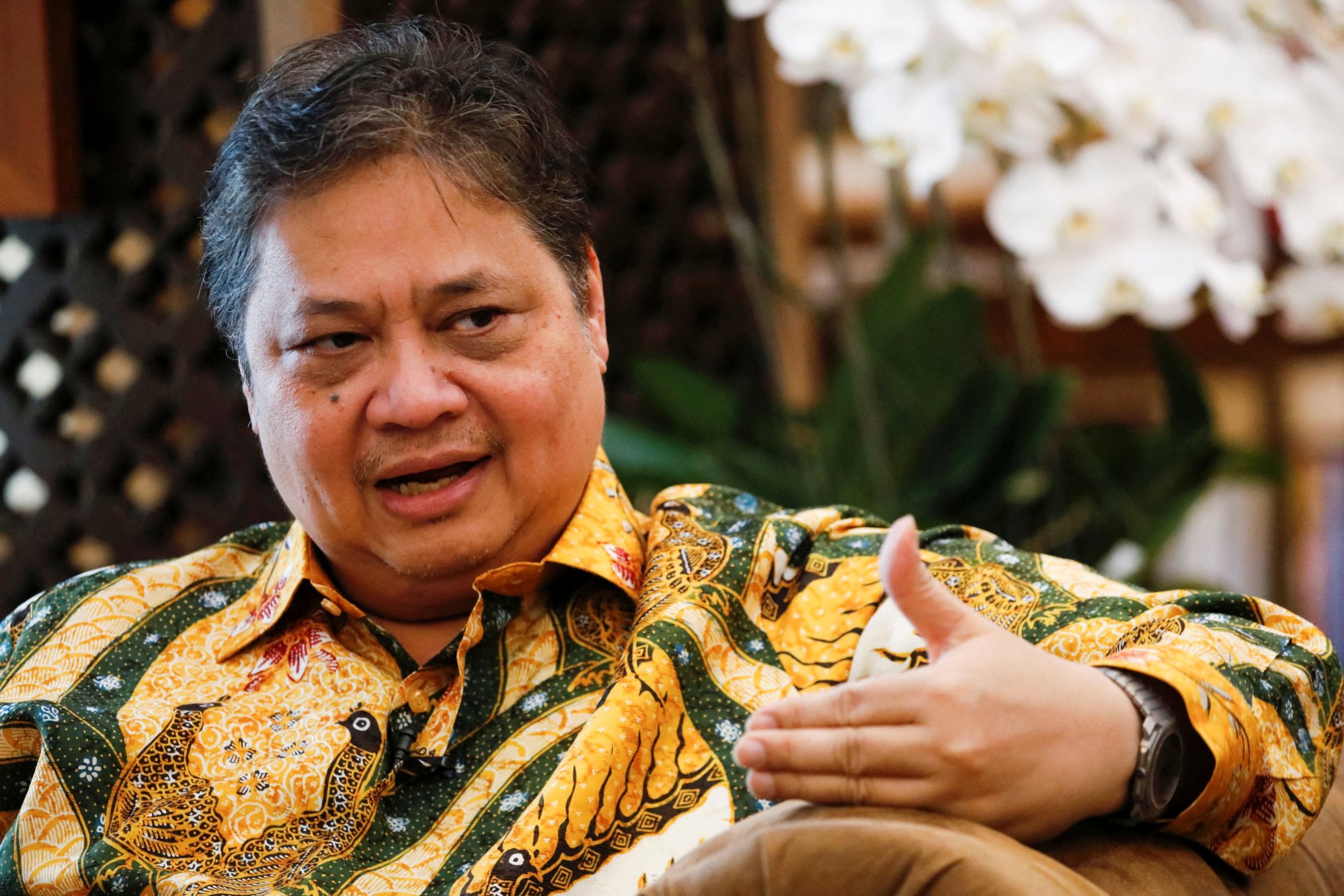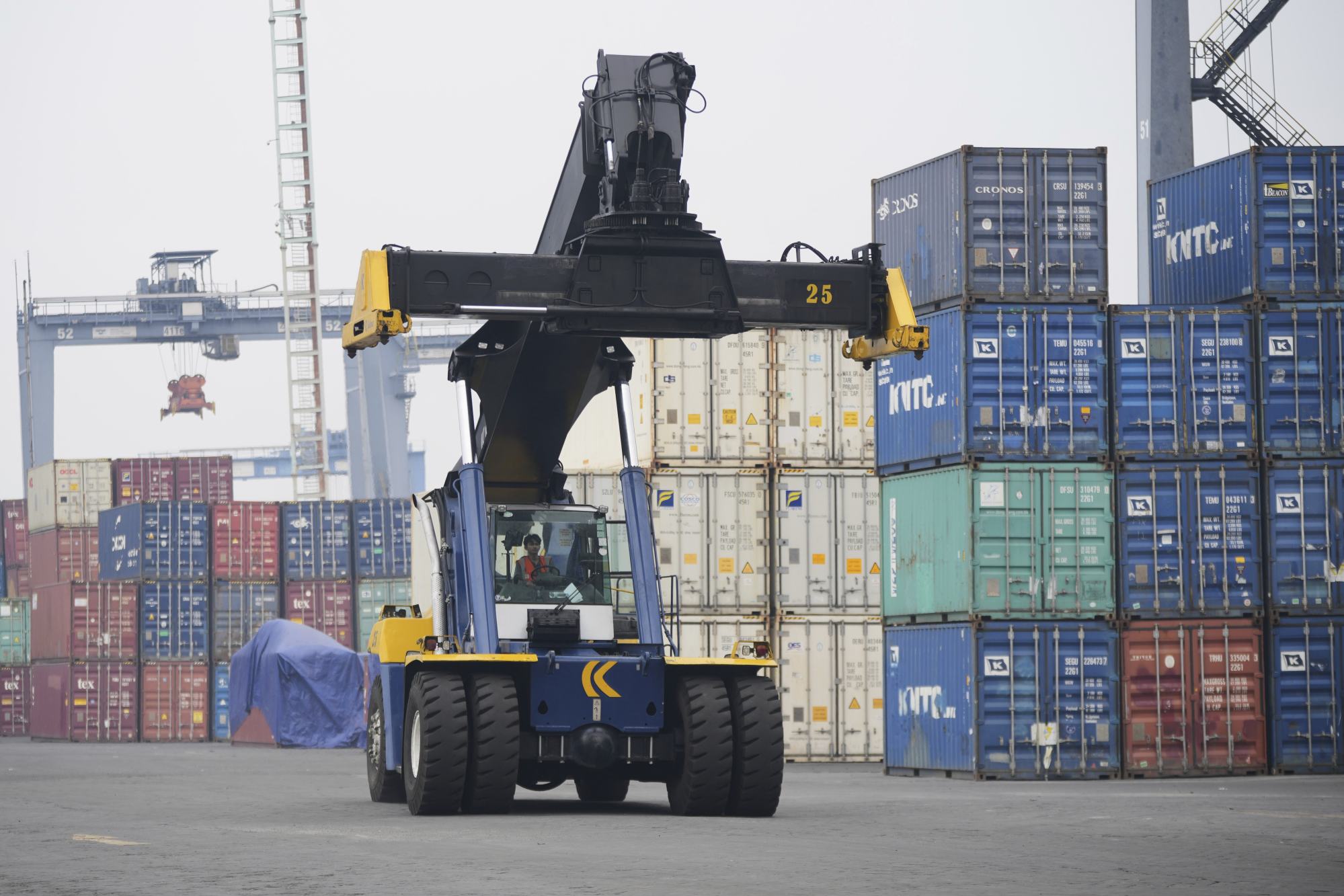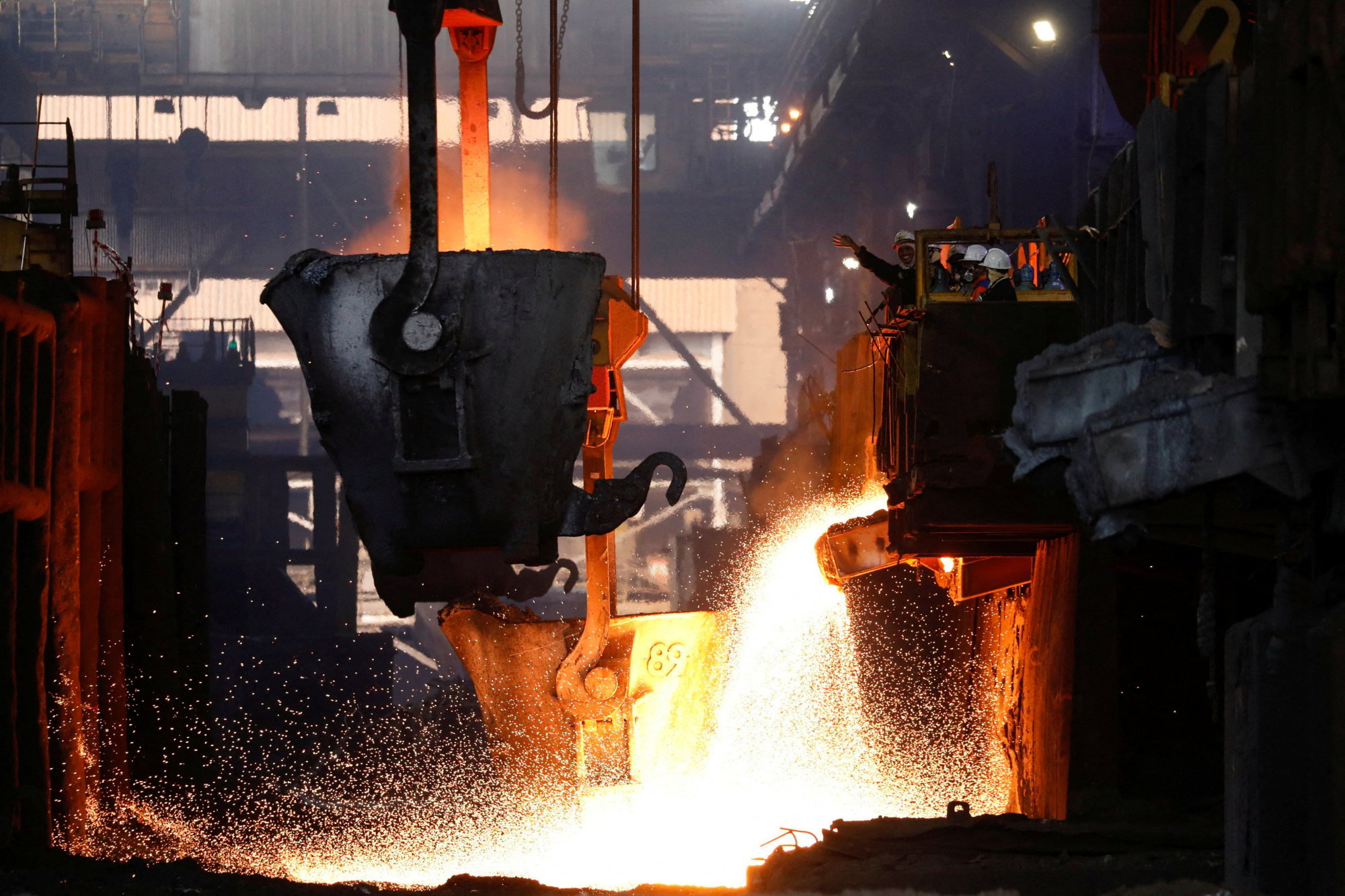Indonesia banks on critical minerals to avert US tariffs – will it work?
Jakarta offers US ‘interesting’ opportunity to invest in critical mineral ecosystem, reforms trade policies to heed US demands

Indonesia is banking on its rich reserves of critical minerals to persuade the United States to pull back steep looming tariffs – an offer that could appeal to American strategic interests even as concerns remain about regulatory risks and China’s entrenched role in the country’s mineral supply chains.
Coordinating Minister for Economic Affairs Airlangga Hartarto has described Indonesia’s critical minerals proposal as its “second-best offer” to avert a looming 32 per cent tariff under President Donald Trump’s trade actions.
Trump announced the tariffs in April, with a 90-day reprieve allowing negotiations. During this period, Indonesian exports face a temporary 10 per cent duty, set to rise unless a deal is reached by July 9.
“We also offered the US [an opportunity] to invest in the critical mineral ecosystem, together with Danantara,” Airlangga said on Monday, referring to Indonesia’s sovereign wealth fund. “For the US, Indonesia’s offer is quite interesting.”

He said the US needed access to Indonesia’s copper for its electronics, defence and aerospace sectors, while also highlighting opportunities in nickel and other minerals vital to electric vehicles. Any investment, he said, would take the form of “brownfield” projects – leasing existing facilities such as those run by Freeport – rather than new construction.
Airlangga claimed the government had already reformed its trade policies, including import deregulation on certain commodities, to heed US demands.
“We have already granted some of the US’ requests, regarding tariffs, non-tariff barriers and commercial matters,” Airlangga said.
On Monday, Jakarta relaxed import procedures for 10 types of products, including forestry, subsidised fertilisers, fuel and energy materials, certain chemical substances, and pearls, among others.
Jakarta had also sent a delegation to Washington should there be any response from the US Trade Representative to the country’s offers, Airlangga said. Indonesia has not placed an ambassador in Washington since July 2023.
China domination
While Jakarta’s pitch plays to US concerns about supply chain resilience, analysts are sceptical that it will be enough to shift policy in the face of environmental objections, doubts about regulatory safeguards, and entrenched Chinese involvement in the sector.
Indonesia has been seeking a critical minerals pact since upgrading its relationship with the US to a Comprehensive Strategic Partnership in 2023.

Efforts under the previous administration of Joko Widodo to pursue a limited free-trade agreement (FTA) with Washington had stalled, even as the US secured critical mineral supply-chain deals with India, Japan and South Korea.
Some US senators have expressed opposition to a limited FTA with Indonesia, due to its weak environmental and labour protections, as well as substantial Chinese influence.
“Currently we are giving a big opportunity for China to process our critical minerals, because they are much faster in executing projects. We already have two partners from China to develop our EV battery ecosystem. Will the US get the same opportunity? To this day, the US is less interested in our critical minerals,” said Andry Satrio Nugroho, an economist at Jakarta-based Institute for Development of Economics and Finance (Indef).
Andry pointed to a recent groundbreaking of Southeast Asia’s largest integrated EV battery factories in West Java’s Karawang and East Halmahera in North Maluku. The project was funded by state-owned mining company PT Aneka Tambang, the Indonesia Battery Corporation, and a Chinese consortium CBL comprising battery giant CATL, Brunp and Lygend.
Officials said investors injected some US$5.9 billion into the project that was expected to provide at least 8,000 jobs. The Karawang facility can reach a peak capacity of 15 gigawatt hours, while in East Halmahera, the planned nickel smelter will have an annual capacity of 88,000 tonnes of refined nickel alloy by 2027.
“[With] China, we can collaborate in a programme that I think is colossal, an extraordinary breakthrough, where [we] can produce renewable and environmentally friendly energy that the whole world aspires to,” President Prabowo Subianto said during the project’s launch on June 29.

Dandy Raftiandi, an economic researcher with the Centre for Strategic and International Studies Indonesia, questioned whether the country would reverse its bans on export of raw critical minerals if the US agreed to the deal.
“The US may be interested if it is exempted from the ban on export of nickel ore, but other countries will react. There will definitely be many complaints, especially the European Union, which has brought us to the dispute settlement at the World Trade Organization,” Dandy said.
“I hope we don’t get hit with a 32 per cent tariff, but we should not offer things to the US that come at the expense of our market, such as giving the US special treatment, special procurement access. The [offers] must remain within multilateral corridors.”
Losing to Vietnam
On Wednesday, Trump said Washington and Hanoi had struck a deal for a blanket tariff of 20 per cent on Vietnamese imports to the US, down from the initial 46 per cent. In exchange, Vietnam agreed to impose zero tariff on US products.
Analysts note that this was “not good news” for Indonesia as aside from crude palm oil, major Indonesian exports to the US such as textile, footwear, rubber and fishery products could be replaced by other countries, including Vietnam.
“Vietnam can negotiate with the US and get lower tariffs, this is not good news for Indonesia because initially we hoped to replace Vietnam to penetrate the US market,” Andry said.
The government, however, could prepare a mitigation plan if negotiations with Washington failed, and start looking to other markets such as Europe, analysts suggested.
Jakarta last month wrapped up negotiations for the Indonesia-EU Comprehensive Economic Partnership Agreement, though analysts said it could take years for the deal to be ratified and implemented.